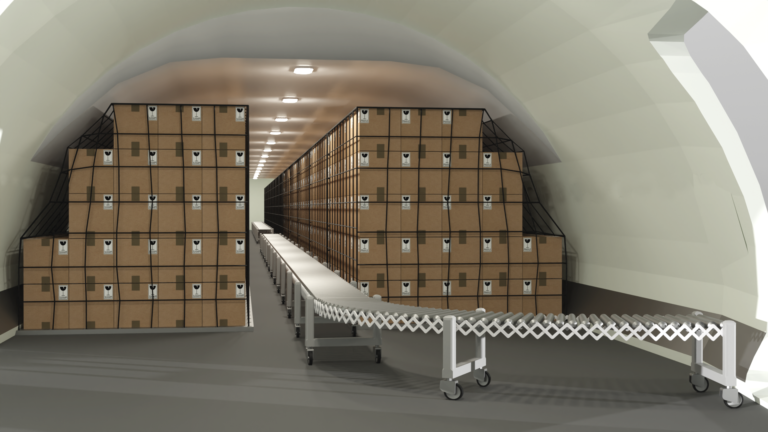

David Dundas
Editor Daily News

Posted:
11-07-2022
Share
Vallair, the mature asset specialist, has unveiled the first ever E-Class wide-body freighter conversion capability at its brand new state-of-the-art mega hangar in Châteauroux, France. Designed to bridge the gap while operators currently wait five years or more for full-freighter-conversion slots, this innovative solution is the result of a joint investment between France-based companies Vallair and UUDS, which is Part 21 certified.
Grégoire Lebigot, Founder, President & CEO of Vallair, explains the importance of the programme and what it means for operators, particularly those involved with e-commerce. “Innovation is and has always been integral to Vallair’s DNA. Turning the Airbus A330-300 upper deck into a cargo area without installing the large cargo door means that the conversion cost will be just a quarter of the cost compared to a conversion with one. Turnaround time will be just around one month instead of six – so the benefits are clear to see. Also, it is the very first “made in France” cargo conversion programme for a wide-body aircraft and Vallair is proud to spearhead this efficient, industry-leading process as part of its re-industrialisation of aviation in the region.”
Vallair’s E-Class solution means that loading is not done on pallets or containers but uses a conveyor that fits inside the cargo hold to efficiently load and distribute individual parcels instead. This proven concept expedites the process and reduces turnaround times considerably.
“This solution addresses current market needs and increases the value of the asset because it is completely reversible should the market change” adds Lebigot. “The aircraft can easily be converted back to PAX-configuration, or transformed into a freighter with a large cargo door in future. It is a complementary alternative solution to the traditional freighter conversion, not a replacement.”
Vallair believes that the industry will view this as a sustainable option that will keep the assets flying for longer. EASA approval using a Supplemental Type Certificate is expected within the next two months.